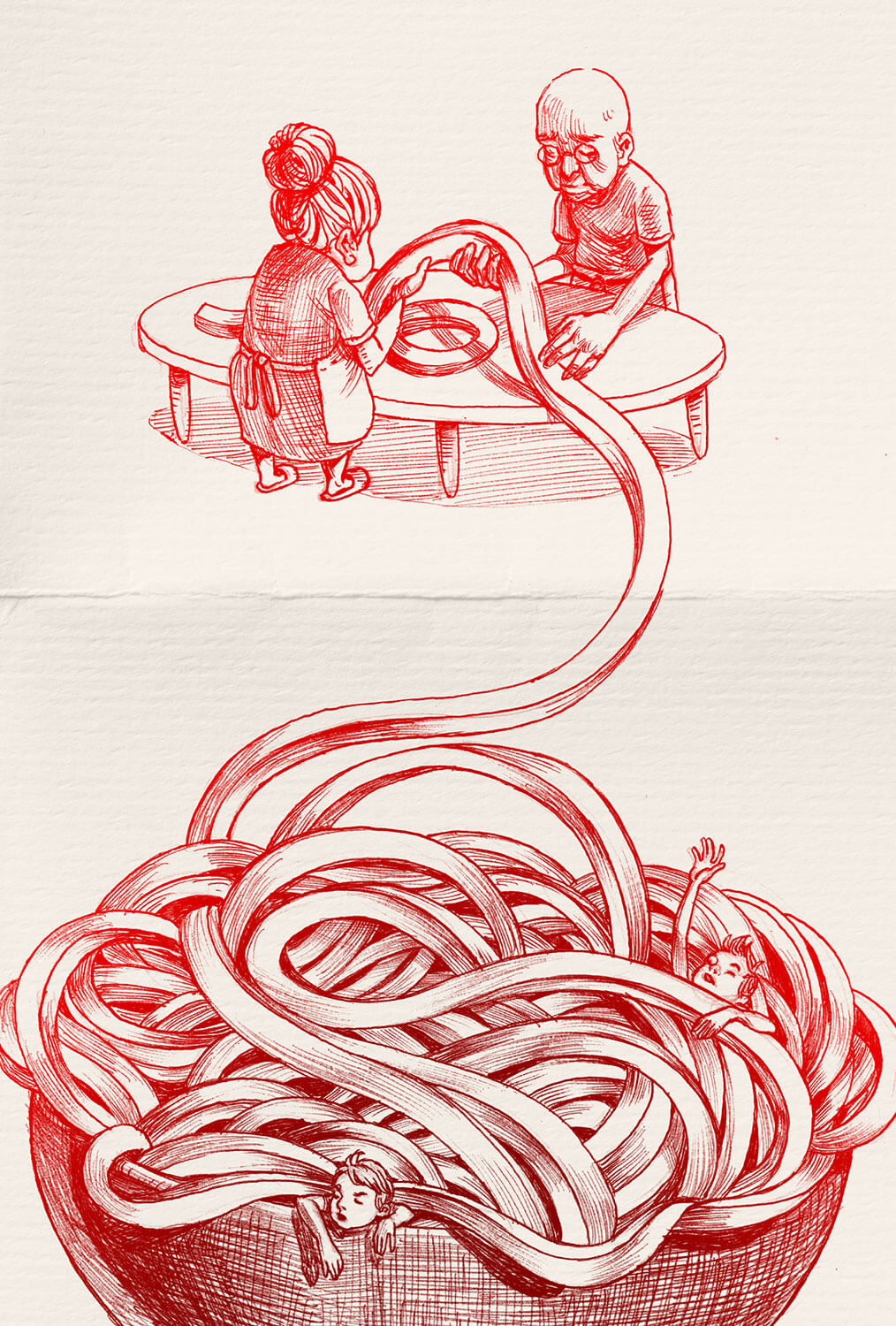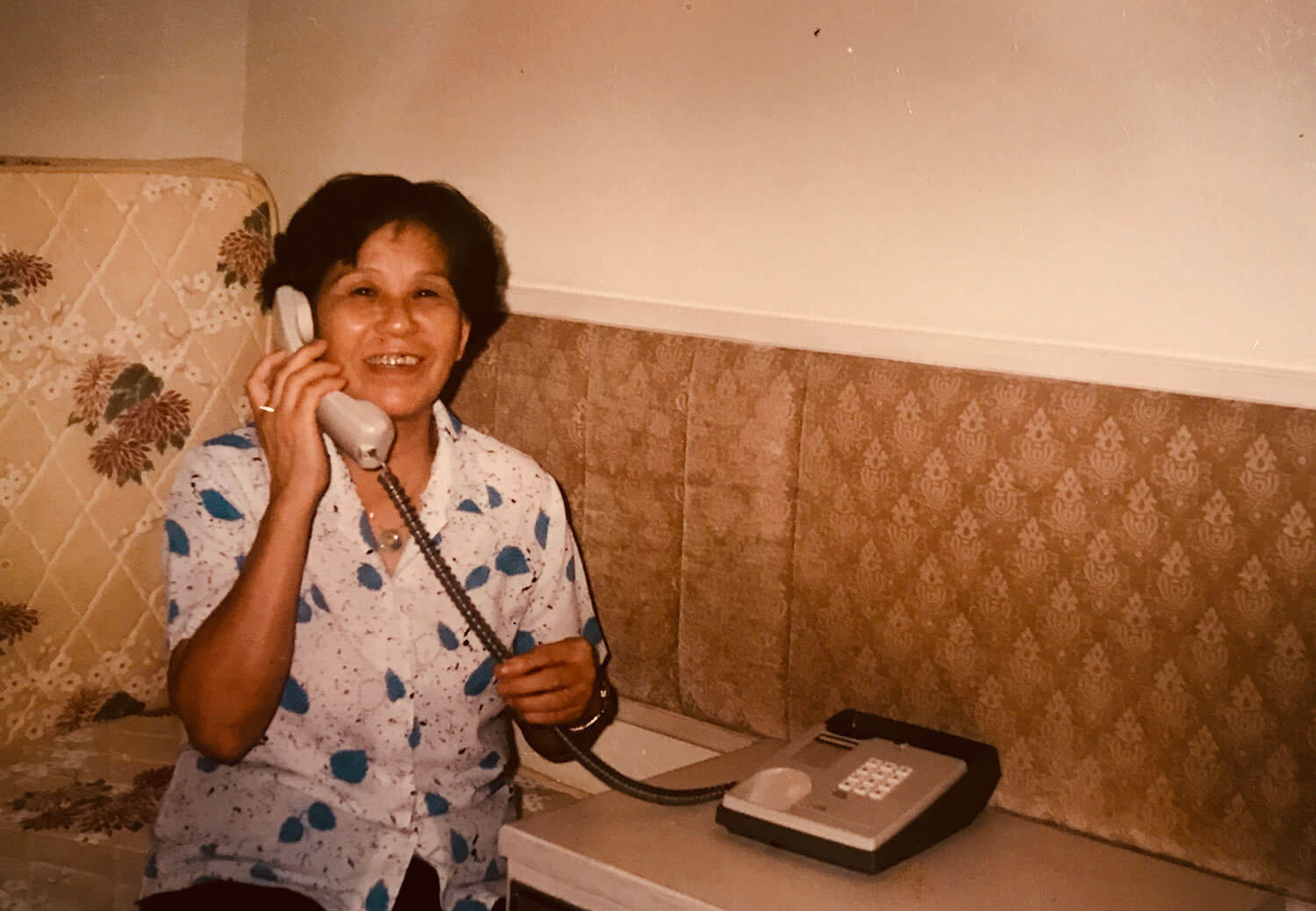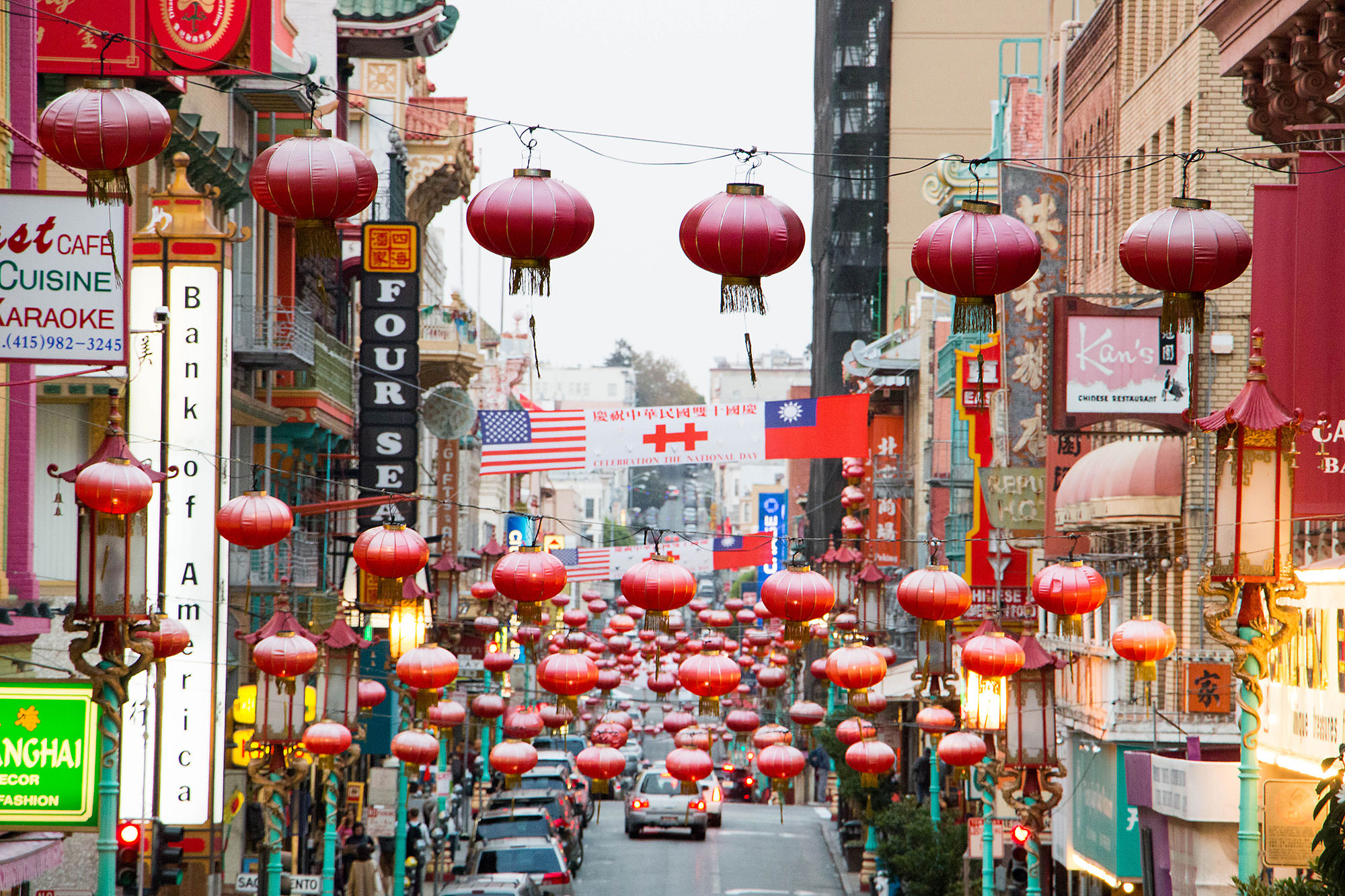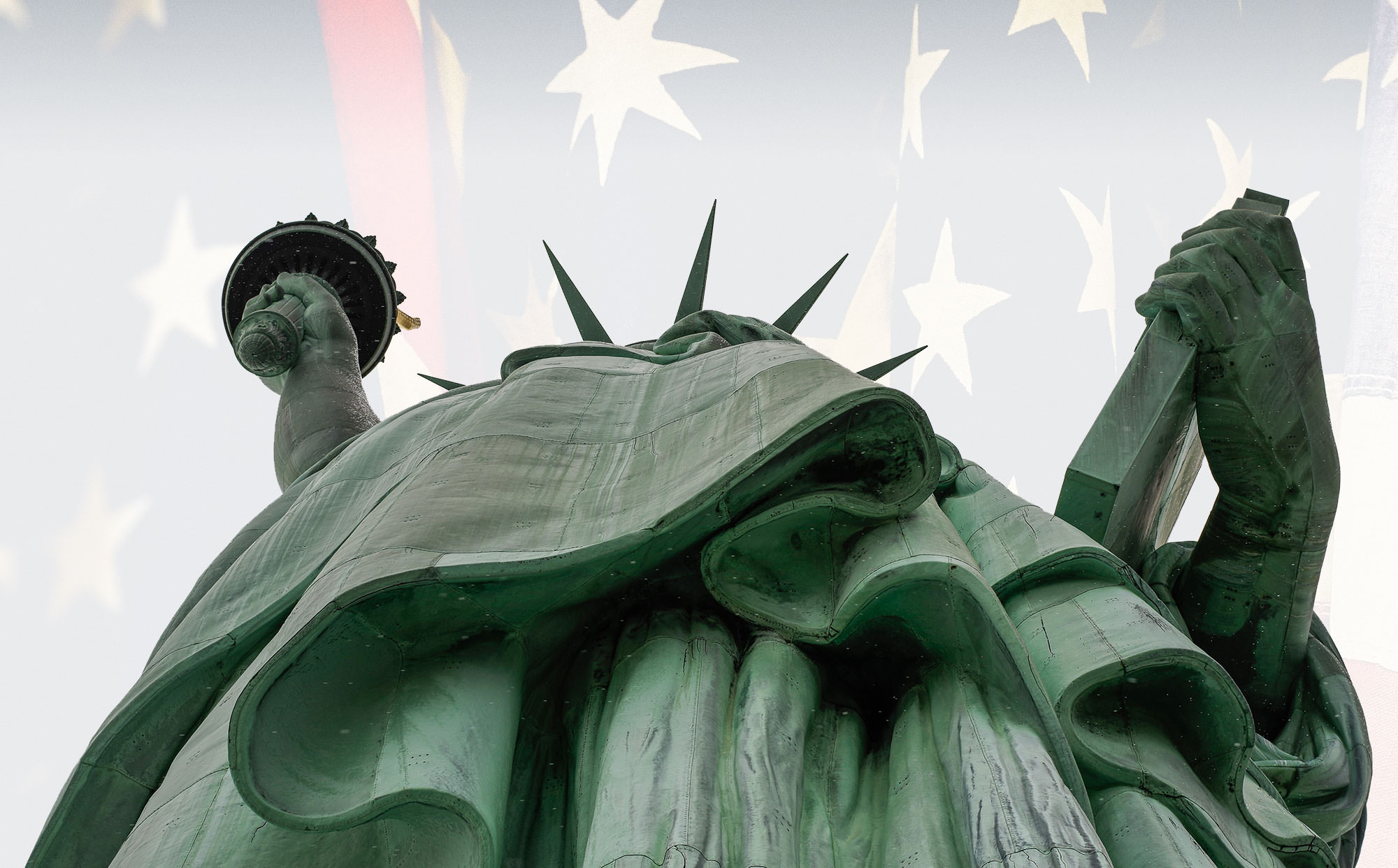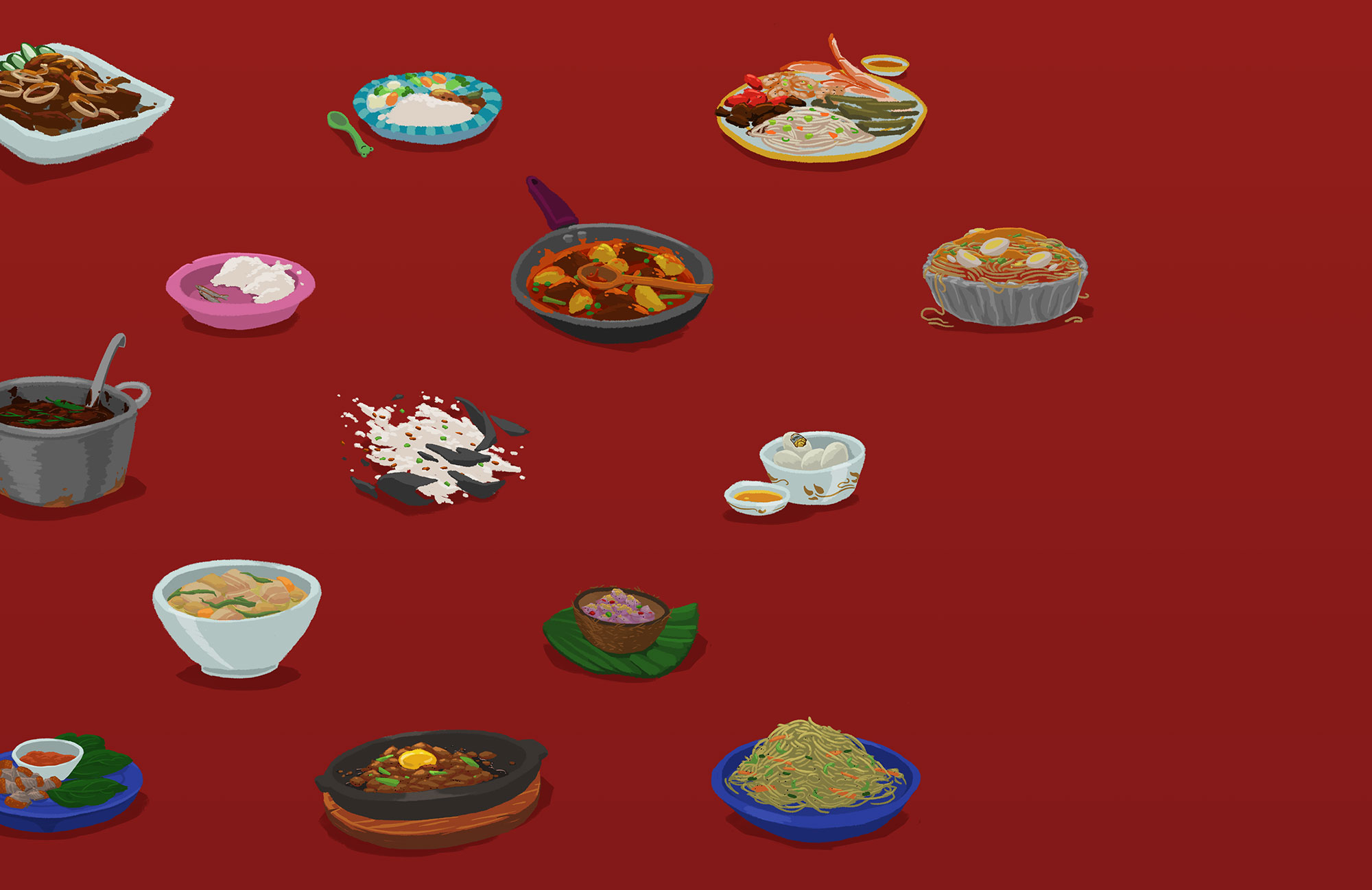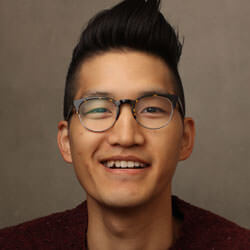
No items found.
Kevin Hu is a Chicago native and Brooklyn transplant. He has in the past lived in, been nurtured by, shepherded, and served in immigrant church communities. He is a writer, son of immigrants, fiction-reader, storyteller, and software engineer. You can find him at kevinhu.dev for more information.
Severance by Ling Ma: A Book Review
A Post-Apocalyptic, Hilarious, Heartwarming Take on Separation and Belonging
